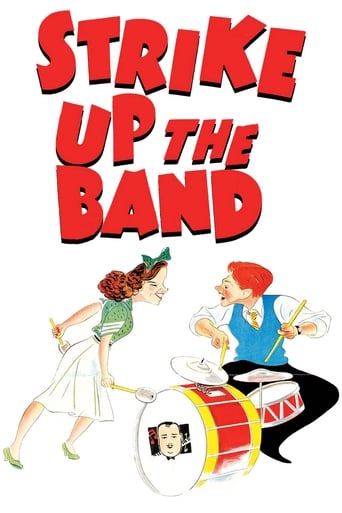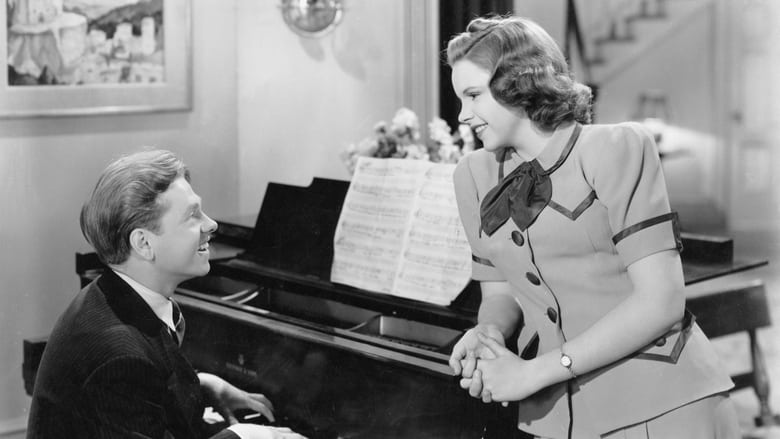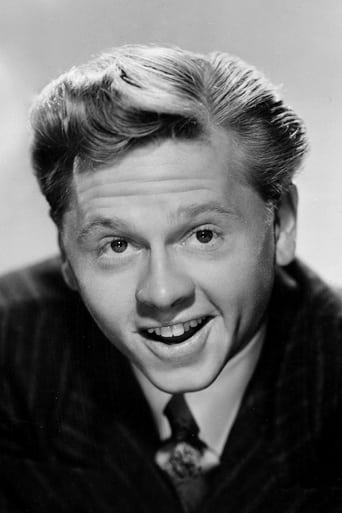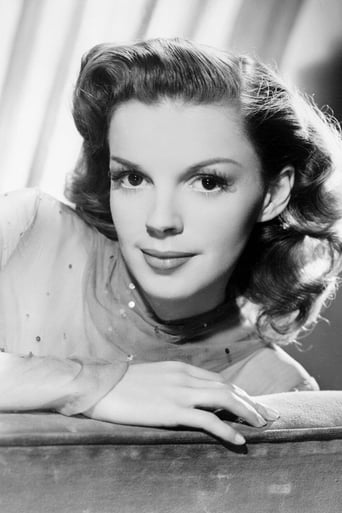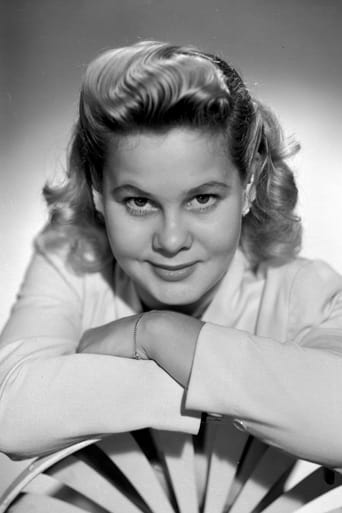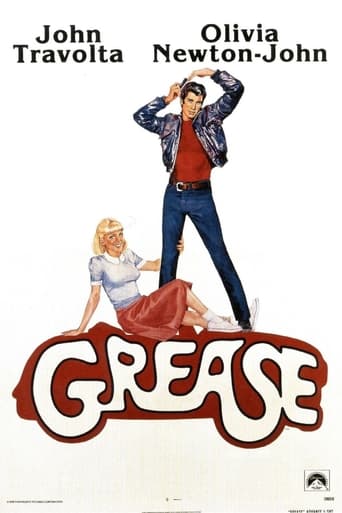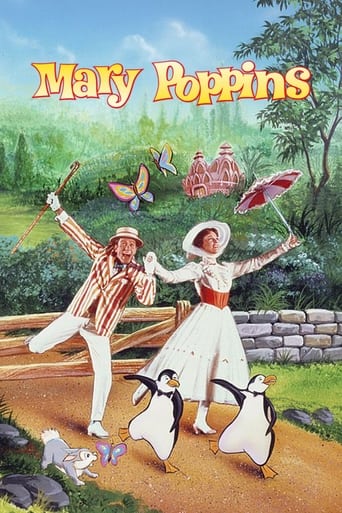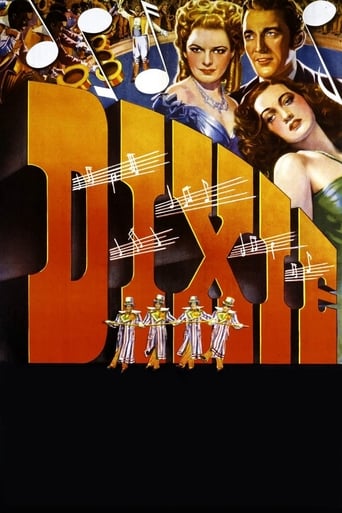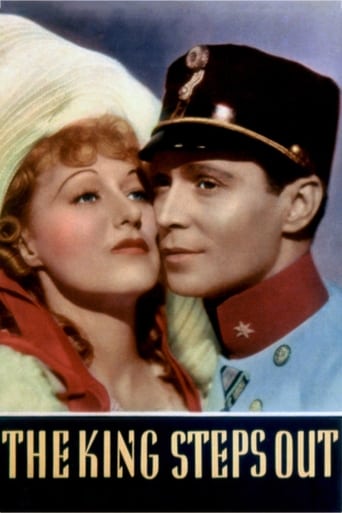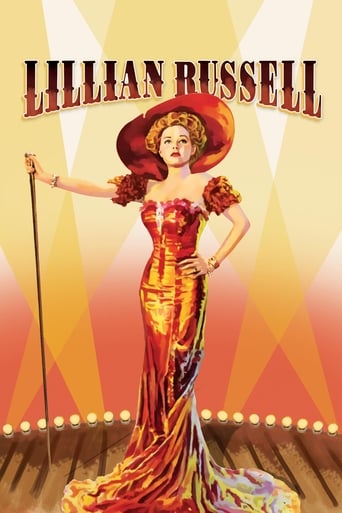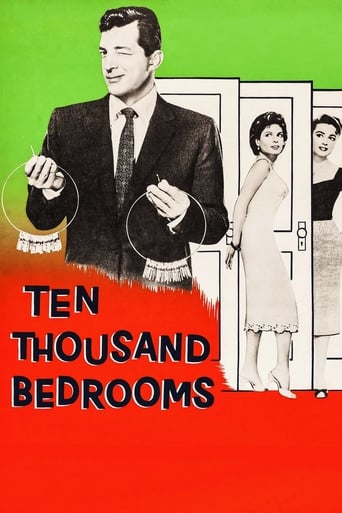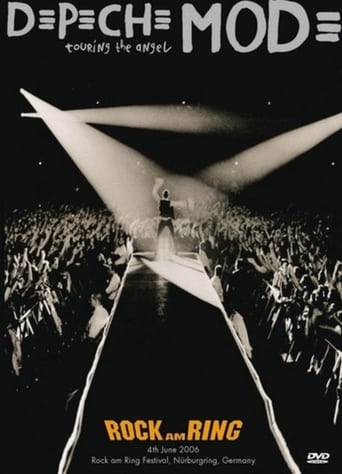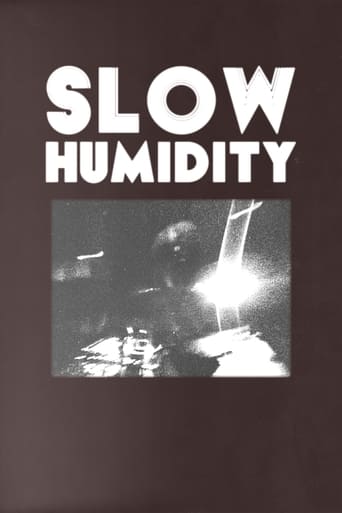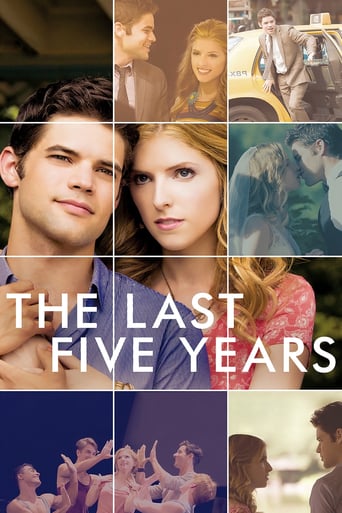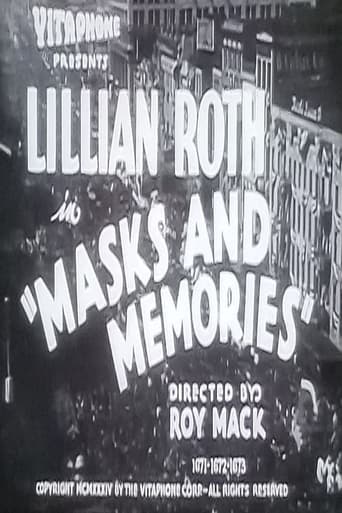Strike Up the Band (1940)
Jimmy and Mary get a group of kids together to play in a school orchestra. A huge contest between schools is coming up and they have a hard time raising money to go to Chicago for the contest.
Watch Trailer
Cast


Similar titles
Reviews
Save your money for something good and enjoyable
Masterful Movie
I'll tell you why so serious
All of these films share one commonality, that being a kind of emotional center that humanizes a cast of monsters.
The public wanted Mickey Rooney and Judy Garland so that's what MGM gave them. All of their movies together were variations of "let's put on a show." At least this one has Gershwin's music which I love.The downside is Rooney has to be the center of attention. Yes, he was the star but you'd think he was the only boy in town.......leader of the he band, lead in the school play, boyfriend of the most popular girl. And meets Paul Whiteman at a dance. Was this once most popular band in the country reduced to playing one night stands at teenage dances?You know he'll get the money for his band to compete in the national contest (during the depression) because they've got to win....they just GOTTA! So little Willie can have his operation and.......Once Mickey's band wins the national contest (was there ever any doubt?) he gets to conduct all of the bands in an unrehearsed grand finale. In addition to conducting, Mickey solos on the drums, sings and dances with Judy and ends up dressed in a naval officer's uniform.Did pre-war audiences really buy this?
Warning! The corn grows high and the sap flows freely! Overall, this is my least favorite of the 4 B&W musical comedies, from '39 -'43, starring Mickey and Judy. Most of these, including this one, were actually musical extensions of the Andy Hardy series format. Hence, extensive portions deal with the teenagers, usually led by Mickey, with Judy's support, having to beg permission from authority figures, including their parents, to put on a musical or dramatic show, and the practical problems of securing financing and an adequate place to put on the show.In this one, Mickey, as the bored drummer for the High School band, leads a crusade to form a school-sponsored dance band, providing an opportunity for the other bored band members to play current pop music, and hopefully making some money for the school and themselves. Judy, backed by the rest of the glee club, will do most of the singing. The principal gives his hesitant OK. Thus, we have Busby Berkeley's spectacularly staged , manic, "La Conga" Latin-themed dance production. There would be the roughly equivalent manic production "Hoe Down" at this spot in the subsequent "Babes on Broadway" Meanwhile, Mickey talks to his 'pal' Judy about the problem of his mother expecting him to become a doctor, like his dad, while he thinks he's cut out to be a musician. Later, we go through the same thing directly with his mother, in quite a sappy scene. She's initially upset, but eventually reluctantly agrees that he can try out his ambition. Later, when the Paul Whiteman band miraculously shows up in town for Barbara's birthday, Mickey is given an opportunity to turn professional when one of Whiteman's sidemen decides to form a new band. Initially ecstatic, Mickey's mother reminds him that he is the leader of the HS dance band and their ambition to win Whiteman's content on his radio show. She suggests that his leadership role in the local community is presently more important than starting a career elsewhere. Reluctantly, he agrees. Also, meanwhile, Judy is dissatisfied with her status as Mickey's 'pal'. She wants to be his acknowledged girlfriend, expressed in song in "Nobody". Unfortunately, a very aggressive siren rich girl(June Preisser, as Barbara Morgan)has moved into town, and immediately starts working on Mickey(Why? He wasn't handsome, a star athlete, nor wealthy). Of course, Judy is jealous and Mickey very conflicted, but Judy decides an uneasy cooperation with Barbara is the best policy for the present. As things turn out, Barbara's father is the savior of the band's ambition to perform on the Whiteman show. At the last minute, one band member(Willie) needs a quick expensive operation, draining the money raised for the trip to the show(in a sappy scene).. Barbara's influential father is impressed, and he arranges for a quick train trip for the band. Before this episode, her father arranged for Whiteman's band to play at Barbara's birthday party, giving Whiteman a chance to hear the dance band, who play "Drummer Boy" with Whiteman's instruments, Mickey being the manic drummer, of course.The biggest problem with the film is the long, mostly boring, New Rochelle archaic drama, in the middle. This includes all the stereotypical elements of bygone stage and silent film drama: a villain trying to take advantage of a destitute young woman(Judy), a savior(Mickey), who marries her, then eventually becomes a drunkard and wiles away all their money, the girl being tied to a train track for refusing to give into the villain, the savior tied to a log-cutting machine, about to be cut in half, and a guardian angel, in the form of their deceased son, coming to untie Mickey so he can save Judy. The purpose of putting on this show was to raise money for their trip to Whiteman.After a sappy speech by Mickey, the big, somewhat flag-waving, finale mostly consists of reprisals of the major songs, with the Gershwin-composed title song the first and last featured. The most popular original song in the film: "Our Love Affair" is redone, with 4 large harps near the relevant Mickey-Judy couple. The first time this was played, Mickey wasn't thinking of Judy in a romantic context. This earlier rendition also included an animated nuts and fruit orchestra: a rather novel gimmick for its day.This was the second and last time in this film series that dimpled, baby-faced, June Preisser played the obnoxious superrich siren competitor with Judy for Mickey's attention. Besides her looks and personality, she was known for her gymnastic dancing and contortion skill, which she very briefly gives samples of in this film. As in "Babes in Arms", she is directly or indirectly responsible for providing the money for the 'gang's' show biz ambitions. This time, she participates in several productions, including the finale, without the bitter competition with Judy for the lead female show role, as in "Babes in Arms". Her film career ended in the late '40s, when she was no longer wanted to play sexy high school girls.Ann Shoemaker switched from playing Judy's mother in "Babes in Arms" to being Mickey's mother in this film.Be sure to see the hilarious musical cartoon "Romeo in Rhythm", accompanying the current DVD.
This is a high energy film about music, talent, success, family, imagination, fun and teenagers growing up in a "typical" Midwestern town of the time. The year is 1940, and the world is on the brink of war. The recovery from the Great Depression and the Dust Bowl in America was in its infancy. The movie studios of Hollywood were in their heyday. MGM was leading in the battle to produce the best musicals, and it had some hot talent in two young stars. Mickey Rooney and Judy Garland were 20- and 18-year-old actors who had proved their talent. Rooney had been in movies since early childhood, and had made a successful transition into older boy roles. He had made "Boys Town," "The Adventures of Huckleberry Finn," and was a huge success in the Andy Hardy series. Garland's rising star was even more recent. She had some songs in a couple of small musicals and sang two numbers in the 1938 Andy Hardy film, "Love Finds Andy Hardy." Then she made the classic fantasy adventure musical, "The Wizard of Oz." To round out 1939, the two were paired as the leads of a comedy musical and they scored a smashing success in "Babes in Arms." So, MGM had all the proof it needed for future box-office success with this dynamic duo. "Strike Up the Band" had even more going for it than its two stars. Busby Berkeley had directed "Babes in Arms" and got the nod again. But in this film, he inserted some of the extravaganza of music and dance that were his forté. And Arthur Freed brought his considerable resources in music, story and sets as producer. The talent in "Strike Up the Band" isn't only in the music – the performances and numbers headed by Rooney and Garland, or in Paul Whiteman's Orchestra. Rooney and company do a splendid job with a Gay Nineties spoof, ala Vaudeville, that had me laughing out loud a number of times. And a fantasy dream sequence with pieces of fruit as men playing instruments for a dream number show some creative talent in the Freed unit and MGM studio. It's the only example of clay-animation I can think of in early movies. Some 50 years later, Will Vinton and others would make "claymation" much more popular in film and on TV. The chorus lines, great choreography, costumes, and dance and show numbers staged by Berkeley round out this talent spectacular. All-in-all, this is an excellent film that showcases some of the rising stars of the time. It has a big-name band, great imagination, and wonderful musical numbers. And, it's topped off with clever scenes, lots of laughs and tons of energy. As for Rooney's high energy that some may find over the top at times – it was as much a part of the story and movie as all the other pieces that, put together, add up to a very good comedy musical. It's first rate entertainment. Oh, yes – there are a few tender, serious moments, and those fit very nicely.
Mickey and Judy. The combination of stars couldn't be better. In this one, they're high school teenagers who change their high school band to a dance band and then want to go to Chicago to enter a contest sponsored by Paul Whiteman.The directing by Busby Berkeley couldn't be better. The dance routine during the Conga is memorable with Berkeley's long-line of dancers ever apparent.Rooney steals the picture. His discussions with movie mother, Ann Shoemaker, are memorable as well as poignant as they discuss the meaning of life, what's right and all that other stuff of the times.Garland looks and sounds like she just came out of Oz in 1940 clothing. Her whining is there and all that was needed was Toto and Auntie Em. Nevertheless, her singing is terrific.The gentleman who portrayed the school principal sounded just like Ed Wynn.The film is highly entertaining and an absolute joy to watch.

